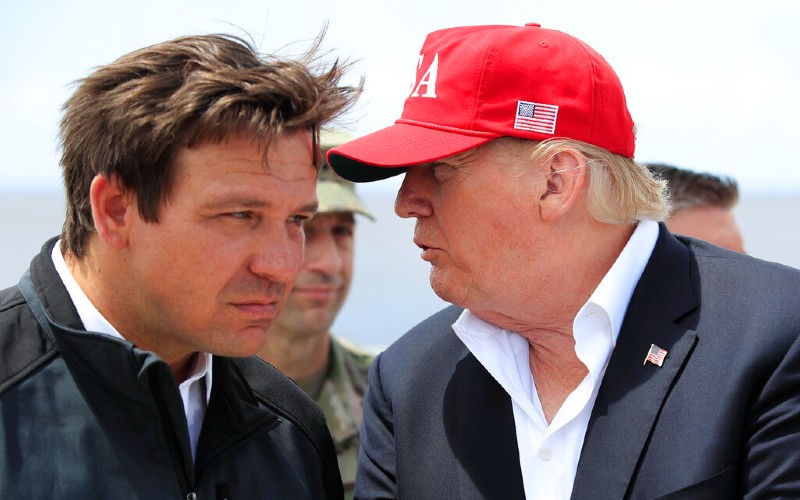Javier Milei, an economist by trade, ran on the promise of revamping the country's struggling financial infrastructure. He wants to start with the elimination – not remaking – of the Central Bank. In a statement last week, Milei called closure of the Central Bank "nonnegotiable."
One big advantage for Milei is the incredible call for change that helped carry his campaign. Tho Bishop, editorial and content manager for the Mises Institute, made that argument Monday on American Family Radio.
"Javier Mileil's going to face the same internal pressures that someone like Donald Trump faced going up against the Argentine equivalent of the deep state," said Bishop. "What Milei has going for him is that with his outstanding victory and 55% of the vote, a large, large upswing of young voters, he really has a mandate here to accomplish his biggest hallmark priority, which is abolishing the Argentine Central Bank."
By late summer the inflation rate in Argentina had hit 124.4%, its highest level in more than three decades. A poll conducted by the Central Bank, which Milei is trying to abolish, predicted inflation would continue to worsen.
Mileil takes office on Dec. 10. Sitting President Alberto Fernandez and Economy Minister Sergio Massa, who lost to Mileil in a runoff, blamed the country's sagging economy on drought, corporate greed and Mileil's campaign tactics.

Bishop contends the political climate could be in place for the Central Bank's closure. "I think this is something that Melei is going to be able to accomplish – and his election really is a major moment, not just for Argentina, but really for South America broadly for someone who ran on such a radical anti-state, anti-Marxist message," he said.
Bishop compares the Milei Movement to Donald Trump's victory over Hillary Clinton in 2016. Trump has announced plans to visit Argentina, though a date has not been scheduled.
Libertarians control a limited number of seats in the Argentinian congress, meaning Melei will need to rely on mainstream conservatives to form a governing coalition. Many of them supported his winning campaign.
Reforms can't be only theoretical
If Melei is successful in closing the Central Bank, Bishop believes it will help him in a variety of ways – one being that the bank wouldn't be around to simply print money to fund left-leaning objectives. Second, Melei could then push ahead and pursue other goals such as slashing government programs and moving to a dollar-based economy.
"Ultimately, you have to have both sides. If they do not make physical reforms, then you're going to face similar dynamics on the economic side," said Bishop. "But I think that's one of the reasons why he is going for the outright abolishment of the Central Bank rather than trying to, say, fix the peso.
"It cuts the incentive structure. Now he's essentially outsourcing the monetary policy of Argentina to the Fed. As Americans, we can complain about the Fed's policies, inflation, whatever; but relative to what the [Central] Bank of Argentina has done, it's much, much better than what they've had down there," Bishop added.
Related op-ed by Ben Shapiro:
Why the media really despises Milei







